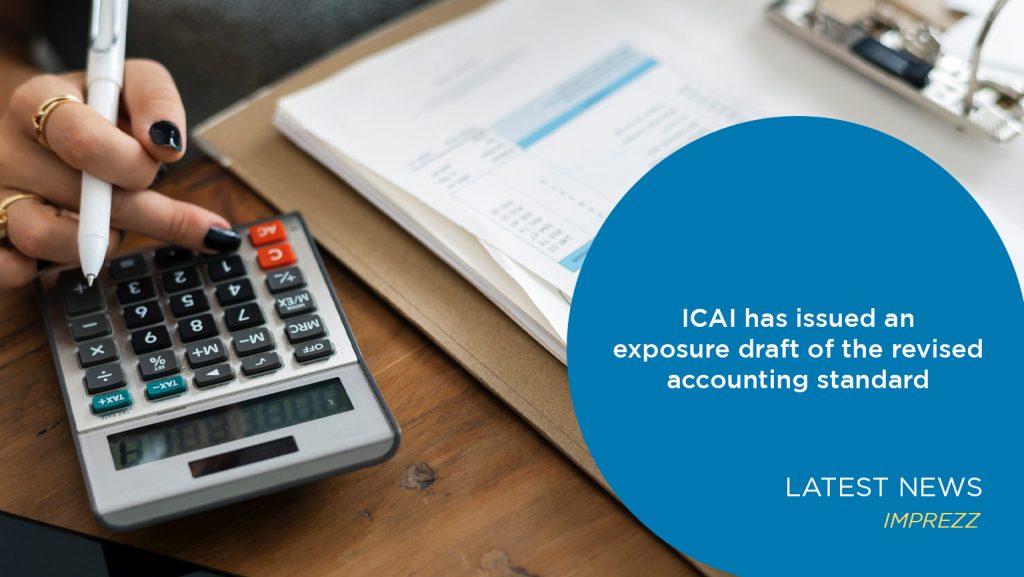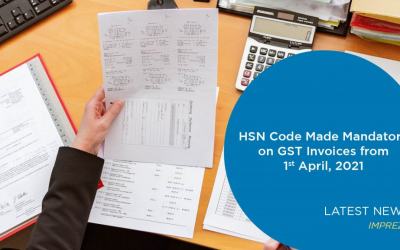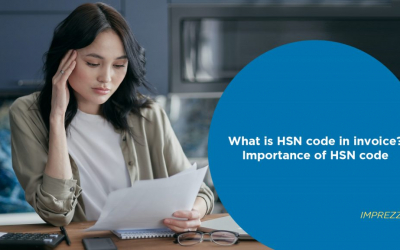
The Institute of Chartered Accountants of India (ICAI) has recently displayed an exposed draft on income taxes. This draft is for a revised accounting standard.
The exposure draft is indeed the newest among other few standards of accounting that have been proposed for revision.
This draft is supposedly applicable to all entities that are not required to adopt the Indian Accounting Standards (Ind AS). This has been notified by the Corporate Affairs Ministry.
The proposed changes in the revised accounting standard are from the point of view of how deferred taxes are recognized.
Moreover, the tax expense for a particular period containing deferred tax and current tax also has to be included in order to determine the profit or loss of the mentioned period.
According to the draft, deferred tax shall be acknowledged for all the differences of timing and is focused on the consideration of probability related to the tax assets that are deferred.
According to the draft, deferred tax is to be acknowledged and carried forward to an extent when it is confirmed that it is probable and that there is enough income that is taxable in the future. It will be available and deferred tax assets will be available against it to be realized.
The point where an entity has depreciation which is unabsorbed or carries forward of losses under tax laws, deferred tax is to be acknowledged and carried forward to an extent when it is confirmed that it is probable and that there is enough income which is taxable in the future. It will be available and deferred tax assets will be available against it to be realized.
As expected, the ICAI has begun the procedure of upgrading the standards that are mentioned above. These will apply to all the entities to whom Ind AS is not applicable.
At each balance sheet, the carrying amount of deferred tax assets should be reviewed on the respective date. The entity shall be written down as the carrying amount of a deferred tax asset to an extent where it is not probable anymore. From there, sufficient income taxable in the future will be available against which deferred tax assets will be realized. This is a very important step.


